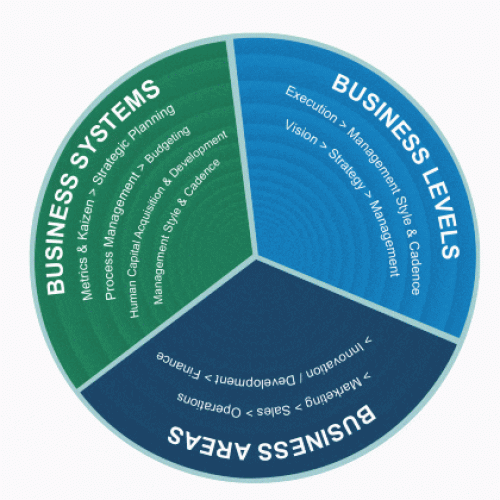“The future is uncertain, but the end is always near.” – Jim Morrison
In recent days, a new trend is emerging among corporate directors—some are opening their personal wallets to settle lawsuits related to their companies. Former directors of WorldCom and Enron, two of the biggest corporate collapses in history, have shelled out substantial amounts, marking a potential shift in how directors view their roles. The once-limited responsibilities of directors are evolving, reshaping the dynamics of corporate governance.
“Change is the law of life. And those who look only to the past or the present are certain to miss the future.” – John F. Kennedy
No longer can directors merely attend meetings, enjoy perks, and cash in on financial incentives. The introduction of Sarbanes-Oxley has heightened the spotlight on corporate governance, increasing legal scrutiny and risks associated with directorship. The allure of serving on a board of directors now comes with a new calculus: weighing potential legal fees against the benefits. The result? Many may decide that the financial and reputational risks outweigh the rewards, complicating the search for capable directors.
“The function of leadership is to produce more leaders, not more followers.” – Ralph Nader
This shift brings into question the very purpose of corporate directors. Ideally, directors are meant to ensure that a company’s management acts in the best interest of the firm and its shareholders. Yet, in reality, most directors are handpicked by the CEO, leading to a potential conflict of interest. This allegiance to the CEO can hinder objective oversight and corrective action when needed.
“Time is the scarcest resource, and unless it is managed, nothing else can be managed.” – Peter Drucker
Furthermore, directors with valuable business expertise often juggle multiple responsibilities, leaving little time to deeply engage with crucial business decisions. This lack of engagement risks compromising the thorough evaluation of vital choices related to resource allocation. The consequence is a board that may overlook critical corporate strategies.
“To succeed in business, to reach the top, an individual must know all it is possible to know about that business.” – J. Paul Getty
Directors find themselves in a challenging predicament, shouldering increasing personal responsibility for company failures, often with limited influence over company practices. As insurance coverage dwindles, directors are realizing they face heightened personal liability for company decisions that may not serve shareholders’ interests.
“If you do not change direction, you may end up where you are heading.” – Lao Tzu
Solutions to this complex issue are elusive. One proposal involves reimagining directors as major shareholders advocating for their interests. Directors could be chosen based on their substantial share ownership and financial commitment to the company. This model aligns their interests with shareholders, encouraging them to take a more active role in company affairs.

Growth & Scaling Workshop Series for $1M+ Company CEOs – Learn How the Top 5% of Entrepreneurs Succeed at Influencing $10M, $50M and $100M+ When Only 1 in 400 Companies Reaches $10M in Sales, and 1 in 6,300 Reach $100M
“In the long run, we shape our lives, and we shape ourselves. The process never ends until we die. And the choices we make are ultimately our own responsibility.” – Eleanor Roosevelt
Another approach involves creating a cadre of professional directors who dedicate their full attention to a limited number of boards. This would enable them to offer informed advice and scrutinize corporate actions more effectively. These professionals would be compensated from a shareholder insurance fund, distancing their payment from the corporation’s coffers. Performance evaluations and incentives would be tied to long-term shareholder value.
“Change before you have to.” – Jack Welch
Ultimately, whichever solution gains traction, it’s clear that corporate directors are operating in an evolving landscape. The traditional model of directorship is shifting, requiring a new perspective on the roles and responsibilities of those at the helm. This pivotal moment calls for a thoughtful reevaluation of the directorship model, one that safeguards shareholder interests while adapting to the changing demands of the business world.











